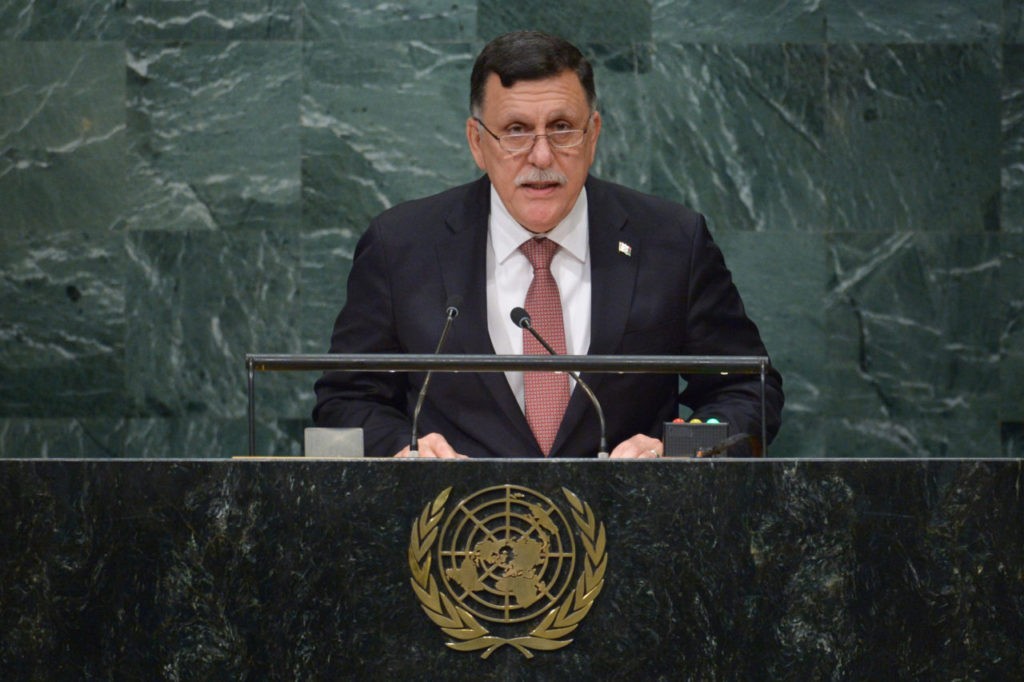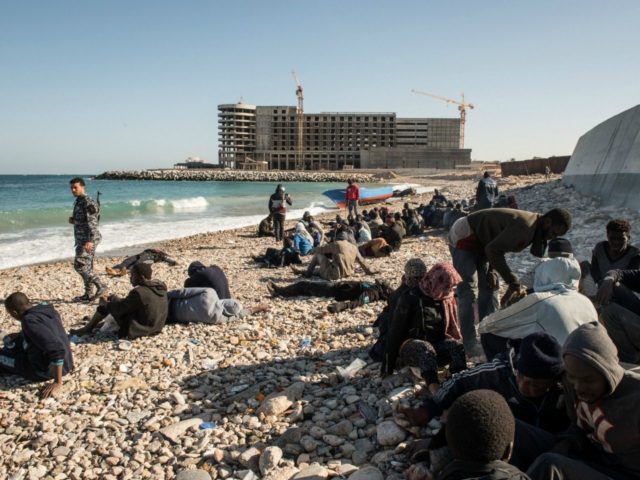Libya’s prime minister has demanded the European Union (EU) helps his nation build an electrified fence along its open southern border to help stem the flow of migrants headed for Europe.
Faiez Serraj, head of the UN-backed unity government based in Tripoli, slammed Europe’s response to the crisis in an interview with The Times, saying the bloc must act to “discourage” migrants from making the trip across the Mediterranean.
He also demanded the bloc pressure migrants to return to their home nations and lift an arms embargo so the Libyan navy can arm themselves to fight people traffickers.
“We still need more pressure from the EU,” he said, “to discourage uncontrolled flow from neighboring and other African states. We are absolutely not after profiting from this assistance but we want to stop this humanitarian crisis.”
Many migrants could also be terrorists in disguise, the prime minister warned.
Since Europe agreed to pay Turkey billions in March 2016 to stop boats setting off for Greece, Libya – plagued by Islamist terror, civil war, and lawlessness – has become the main departure point for migrants reaching Europe.

Faiez Mustafa Serraj, Prime Minister of Libya, addresses the 71st session of the United Nations General Assembly at the UN headquarters in New York on September 22, 2016. (DOMINICK REUTER/AFP/Getty)
Nearly 98,000 migrants have crossed from Libya to Italy this year, barely short of last year’s record number of arrivals.
A further 2,444 have tragically drowned attempting the treacherous crossing and at least 700,000 migrants are estimated to be waiting in Libya.
An EU-led mission in the Mediterranean, Operation Sophia, was also slammed by Libya in April this year for “encourag[ing] the migration” across the Mediterranean towards Italy.
A House of Lords report said the mission, intended to “smash” people smugglers, had, in fact, turned into a “search and rescue” exercise with “no meaningful impact” on the trade.
More recently, NGOs and left wing charity-run migrant rescue ships have come under pressure, after claims they were colluding with people traffickers and picking migrants up just off the Libyan coast.
Recently, Libyan coast guard vessels have fired on charity boats and the nation has ordered all boats to stay at least 79 nautical miles from its coast, far further than the 12 nautical miles at which its territorial waters end.
Italy has also seized a number of vessels accused of working with traffickers and others have stopped their missions following the criticism and threats from Libya.

COMMENTS
Please let us know if you're having issues with commenting.